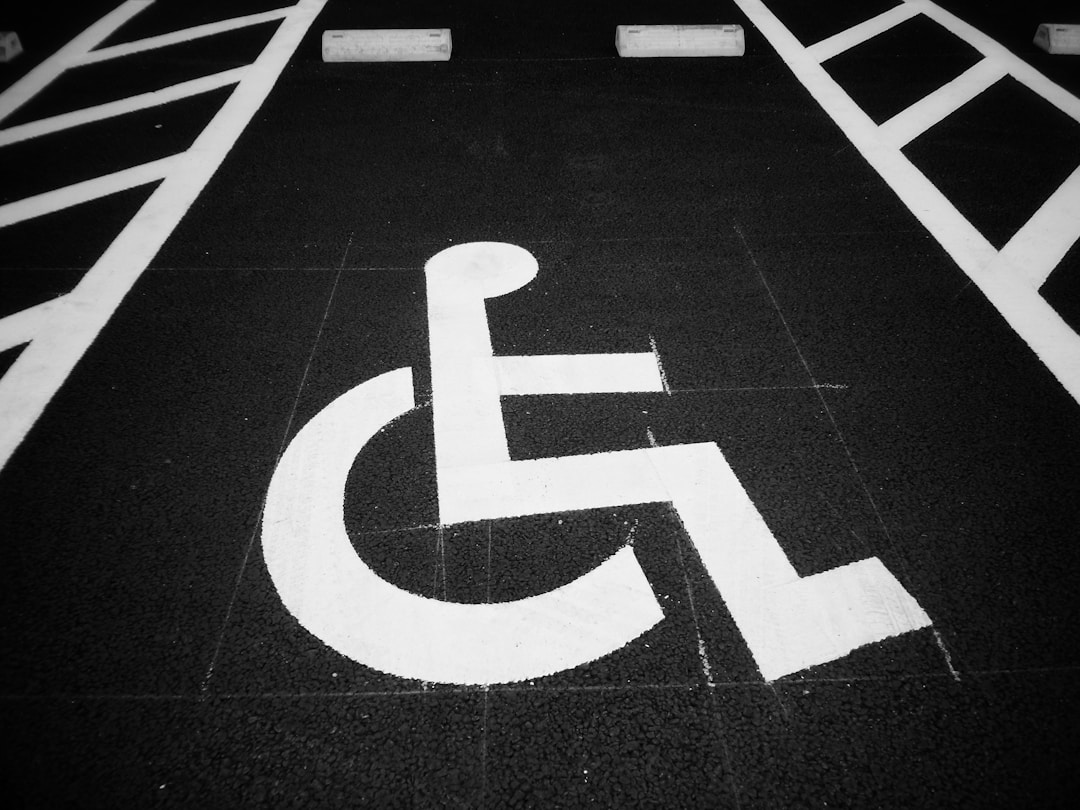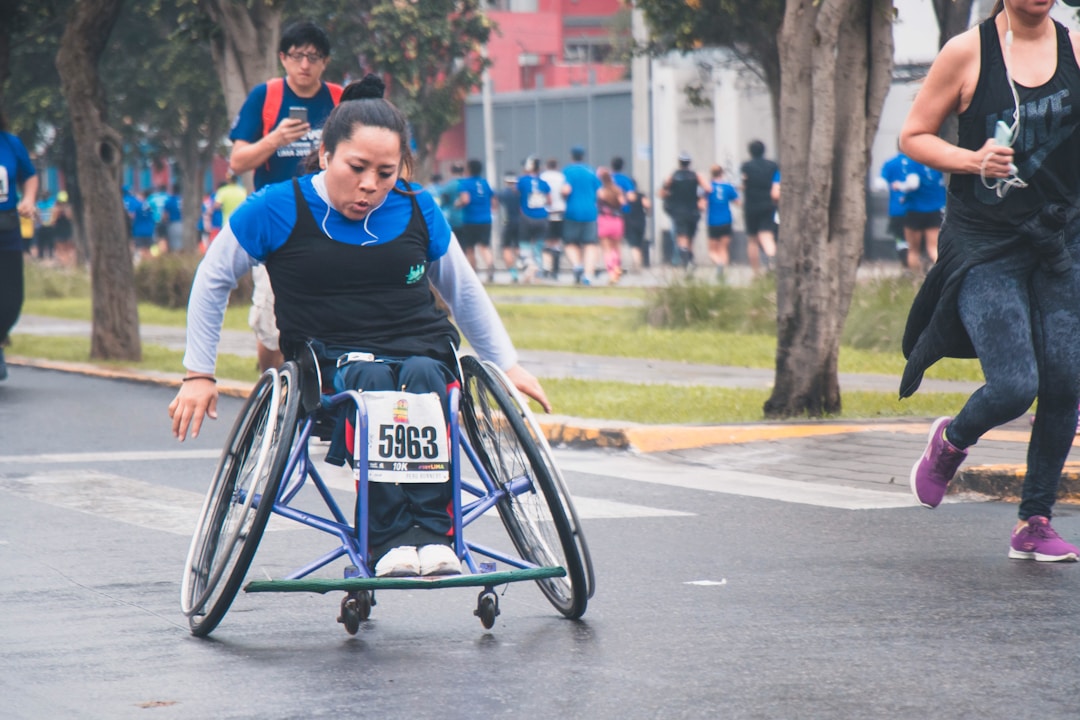
Coping With Long Term Consequences of a Birth Injury
Learning you’re expecting a child is one of the most significant life-changing events you’ll experience. Expectant mothers spend months caring for their children in utero, and it’s natural to spend months preparing a nursery, shopping for clothes and supplies, and choosing a baby name.
Giving birth should be a joyous occasion for parents eager to welcome a new child into their family. Unfortunately, birth injuries affect more than 27,500 newborns born in the United States each year. Some birth injuries stem from complications during birth, such as the umbilical cord being wrapped around the infant’s neck. Medical malpractice and negligence are also responsible for thousands of birth injuries each year. People affected by a birth injury can use these tips to navigate their long-term needs.
Learn about the birth injury.
It’s crucial you learn about birth injuries. There are multiple types of birth injuries and many potential causes. For example, Erb’s Palsy is a common birth injury that is curable. However, your newborn’s prognosis will depend on the severity of their condition and the treatment they receive after diagnosis.
Other types of birth injuries are permanent. For example, brain damage from lack of oxygen can cause cognitive impairments affecting your child their entire life. Cerebral Palsy is another permanent birth injury. People with Cerebral Palsy may need to use a wheelchair or have difficulty walking and speaking. Other common birth injuries include nerve damage and fractured bones.
The type of injury and prognosis will have a significant impact on your long-term needs, which is why you must see specialists who can provide a comprehensive diagnosis.
Identify your long-term needs.

The nature of the birth injury will affect your long-term needs. For example, if your newborn suffers from brain damage, they may need 24-hour care to ensure their safety. Oxygen deprivation can also cause blindness, which could significantly impact your child’s life and needs. It may be challenging to determine the extent of their needs when they’re an infant, which is why you must understand the potential long-term implications of their condition.
You may need to relocate to a new home if your child needs to use a wheelchair. In addition, depending on the nature of their injury, you may need in-home medical care. While your health insurance provider may cover some expenses, there may be many out-of-pocket expenses related to your child’s long-term needs, including the cost of physical therapy and transportation.
It’s natural for a birth injury to affect your mental health, as well as the mental health of other family members. For example, you may struggle with depression following the delivery. Parents can also develop post-traumatic stress disorder (PTSD). Google “depression specialist near me” to find licensed therapists and counselors in your area. Psychotherapy can help you develop coping strategies to deal with mental health issues such as depression, anxiety, and PTSD. Along with other family members, you may need to see a mental health professional for years as you cope with the long-term impacts of your infant’s birth injury. Your newborn may also need to see a psychologist or therapist as they develop.
Hire an attorney.

Birth injury attorneys are experienced legal experts who represent clients affected by birth injuries. Their role is to prepare a case for their client and ensure their client receives fair compensation for their medical expenses, pain, suffering, and other needs stemming from a birth injury.
When you hire a birth injury lawyer, they can investigate the injury, identify the responsible parties, and take legal action to ensure you have the resources required for your long-term needs. They may take legal action against the hospital, specific medical professionals, and any insurance companies involved. Google “birth injury attorney in Chicago” to find an experienced birth injury lawyer in your area who offers a free consultation to determine if you have grounds for legal action.
Adapt to your child’s injury.

A child’s needs change as they develop. A child with birth injuries will also have changing needs. For example, you may be able to stay in your home initially because you can carry your child up the stairs, but if they need assistive devices, such as walkers or wheelchairs, you may need to move or modify your home to compensate for their needs. You may also need to hire tutors or caregivers. You may anticipate some of your child’s changing needs when you learn about their birth injury, but you may also discover new treatment options.
Many newborns who sustain birth injuries have long-term medical needs. Learning about their condition, identifying your potential long-term needs, and taking legal action will help you address your child’s long-term needs. However, you’ll also need to adapt to your child’s changing needs as they develop.